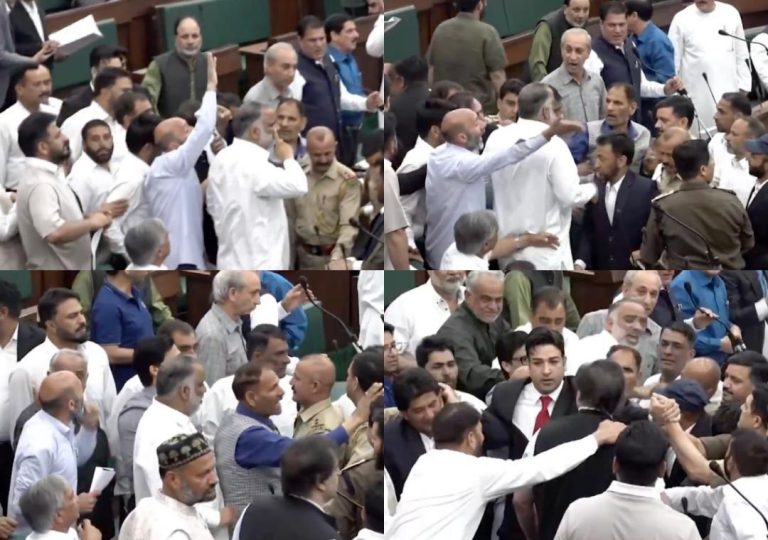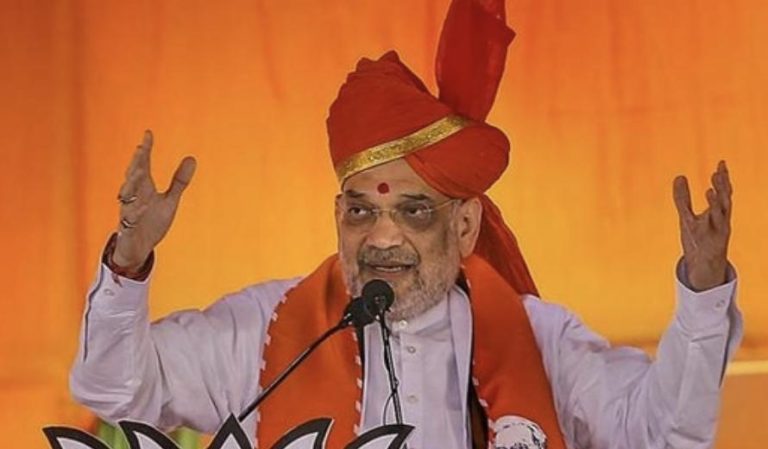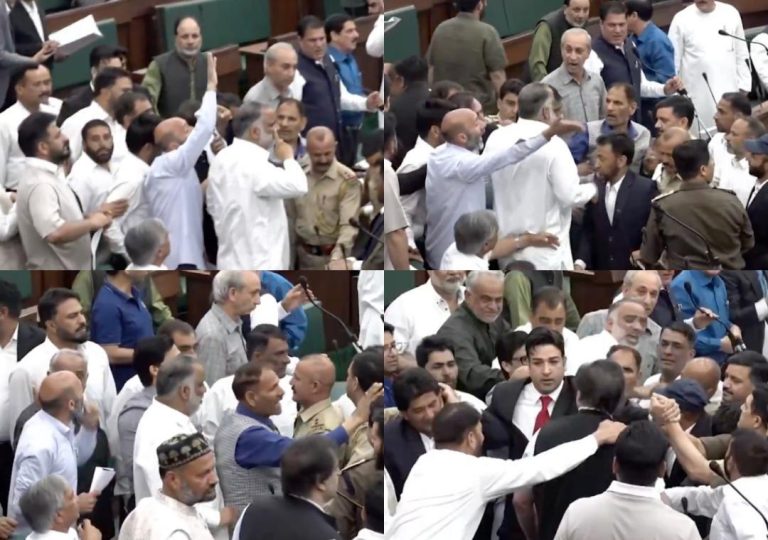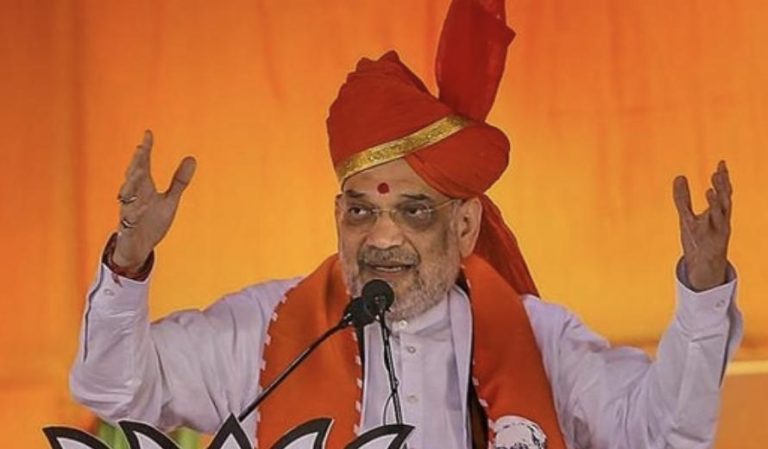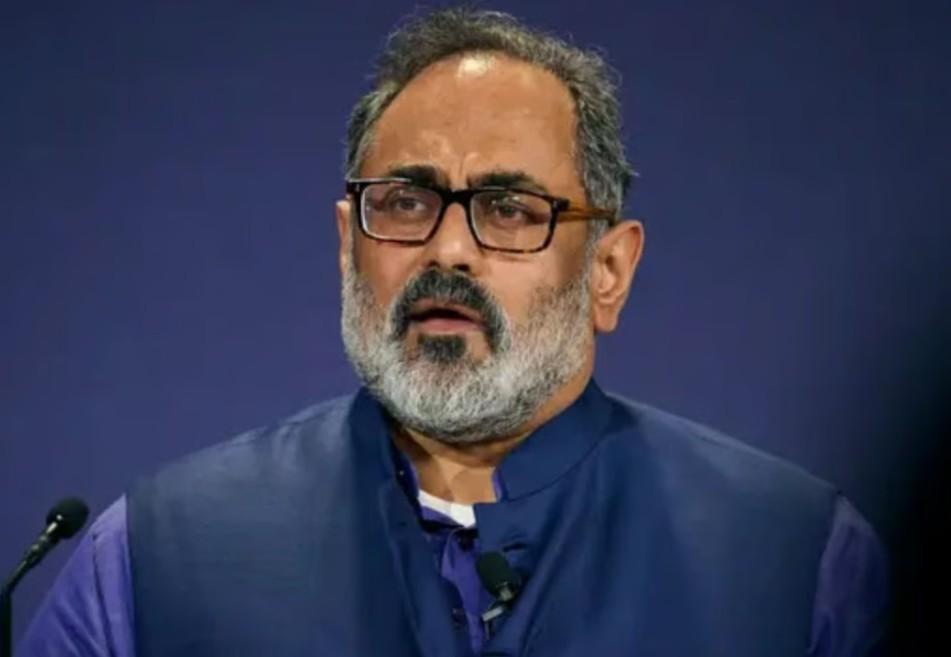
Title: Rahul Should Read & Learn the Constitution: BJP’s Chandrasekhar
The debate over the Waqf Bill has taken a new turn, with BJP leader Rajeev Chandrasekhar hitting out at Congress leader Rahul Gandhi for his criticism of the bill. Chandrasekhar, in a tweet, asked Rahul to “read and learn the Constitution” before making any more comments on the matter. The tweet has sparked a heated debate, with many on social media weighing in on the issue.
The Waqf Bill, introduced by the Modi government, seeks to amend the Waqf Act, 1995, and ensure that Waqf land is used for the benefit of poor Muslims. The bill aims to prevent the misuse of Waqf land by rich politicians and builders, who have been accused of grabbing land meant for the poor and marginalized sections of society.
Rahul Gandhi, while criticizing the bill, had said that it was an attempt to divide the country along communal lines. However, Chandrasekhar took a strong exception to Rahul’s comments, saying that the Congress leader was not aware of the facts of the matter.
“One thing I recommend to Constitution-waving, India-bashing Rahul Gandhi is that he reads, learns the Constitution,” Chandrasekhar tweeted. “PM Narendra Modi’s Waqf Bill ensures that Waqf land is used for the benefit of poor Muslims not rich Cong builder/politicians,” he added.
Chandrasekhar’s tweet has sparked a heated debate on social media, with many taking sides on the issue. While some have criticized Rahul for his criticism of the bill, others have defended him, saying that the bill is an attempt to divert attention from the government’s failures.
The Waqf Bill has been a contentious issue, with many arguing that it is an attempt to polarize the country along communal lines. However, the government has maintained that the bill is aimed at protecting the interest of poor Muslims and ensuring that Waqf land is used for their benefit.
The debate over the Waqf Bill is not new. In 2019, the government had introduced a similar bill, which was criticized by opposition parties for allegedly targeting Muslims. The bill was later withdrawn, but the government has reintroduced it this year, citing the need to protect the interest of poor Muslims.
The debate over the Waqf Bill is not just about the bill itself, but also about the broader political context. The Modi government has been accused of using divisive issues to polarize the country and undermine the opposition. The Waqf Bill is seen as part of this strategy, with many arguing that it is an attempt to create a wedge between different communities.
However, the government has denied these allegations, saying that the bill is aimed at protecting the interest of poor Muslims and ensuring that Waqf land is used for their benefit. The government has also accused the opposition of being opposed to the bill simply because it is an attempt to protect the interests of poor Muslims.
The debate over the Waqf Bill is a reflection of the deep-seated divisions in Indian society. The issue has sparked a heated debate, with many taking sides on the issue. While some have criticized Rahul for his criticism of the bill, others have defended him, saying that the bill is an attempt to divert attention from the government’s failures.
In conclusion, the debate over the Waqf Bill is a complex issue that reflects the deep-seated divisions in Indian society. While the government has maintained that the bill is aimed at protecting the interest of poor Muslims, many have criticized it for allegedly targeting Muslims. The debate has sparked a heated discussion, with many taking sides on the issue. As the debate continues, it is essential to remember that the Waqf Bill is just one part of a broader political context, and that the real issue is the protection of the interest of poor Muslims.
News Source: https://x.com/RajeevRC_X/status/1908500441996144876
